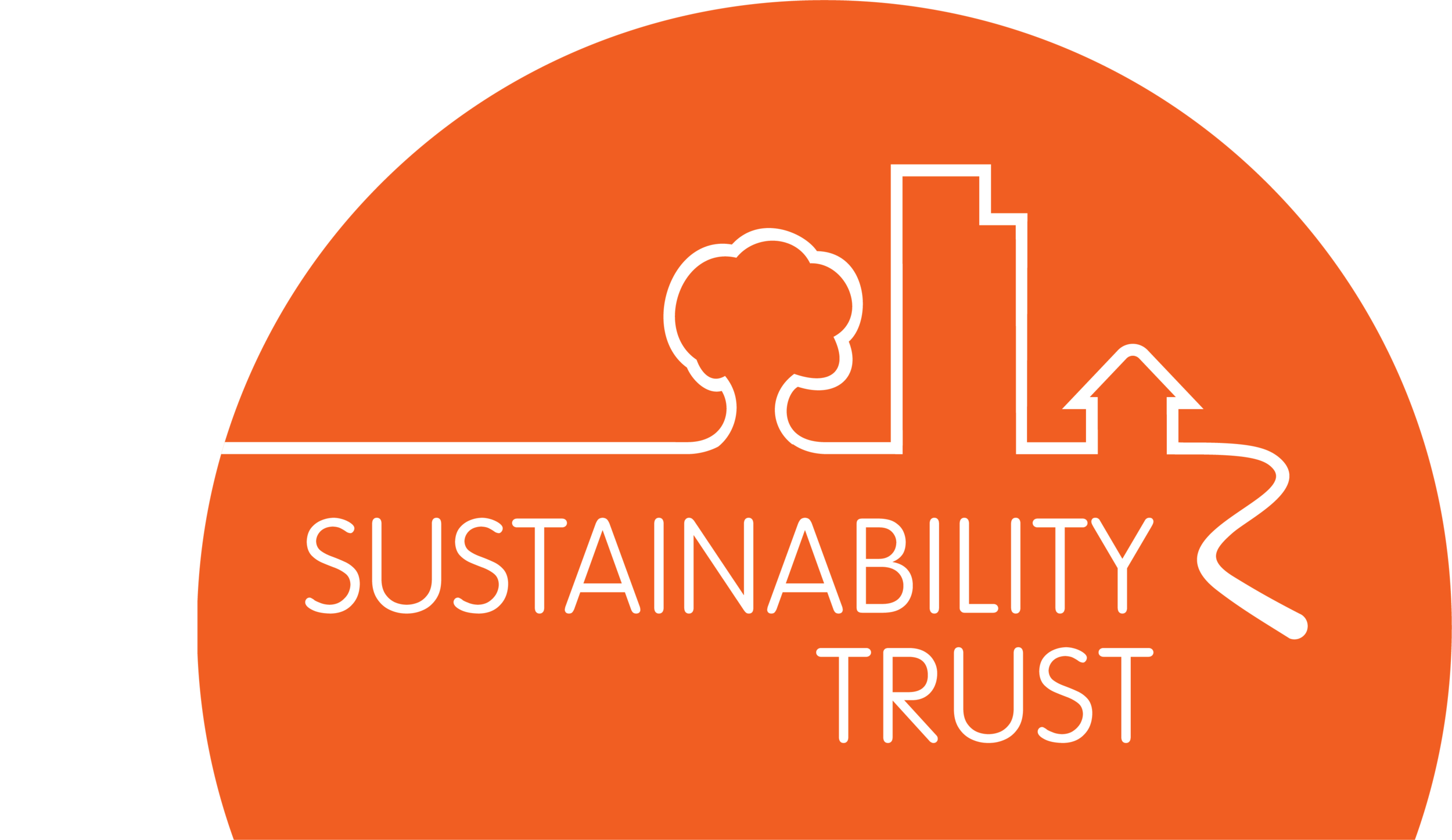Healthy Homes Guarantee Act & Residential Tenancies Act - what's the difference?
Published 10 September 2018
Consultation on the proposed Healthy Homes Guarantee Act
Last Tuesday, Housing and Urban Development Minister Phil Twyford visited our EcoCentre on Forresters Lane to announce the public consultation for the proposed standards for the Healthy Homes Guarantee Act (HHGA).
This is taking place at the same time as the public consultation for the reform of the Residential Tenancies Act (RTA), announced a week earlier. These changes will have a significant impact on rentals in New Zealand, both from the perspective of tenants and of landlords.
At first glance, the two look to cover much of the same ground, but that’s not the case. The insulation provisions in the RTA will now be contained in the new HHGA next June. In addition, the HHGA will also regulate such things as heating, ventilation, draughts, moisture control and drainage. The RTA will focus on issues such as tenants' security and tenure while protecting landlords’ interests.
The following post covers the respective consultation processes in more detail, and will hopefully give more information as to what is being discussed and help ensure the feedback you provide is relevant.
Healthy Homes Guarantee Act:
The Healthy Homes Guarantee Act passed into law in December 2017, amending the Residential Tenancies Act 1986.
The HHGA enables the government to create regulations that set minimum standards to create warmer, drier rental homes - the healthy homes standards.
The healthy homes standards will set minimum requirements for heating, insulation, ventilation, draught-stopping, drainage and the control of moisture in residential rental properties.
A discussion document on proposed healthy homes standards is now available for comment.
The document seeks feedback on five healthy homes standards:
Heating- what minimum achievable indoor temperature should heating devices be sized for in rental homes, where should heating be located, should landlords only be required to provide heating devices where portable electric heaters are insufficient and should certain heating devices be not acceptable?
Insulation- what is an appropriate level of insulation for rental homes and how should the condition of insulation be assessed?
Ventilation- what is the appropriate level of ventilation to ensure rental homes have adequate airflow in areas of high moisture?
Moisture ingress and drainage- are existing laws for rental homes sufficient to protect against moisture and inadequate drainage or could regulations better protect against moisture entering the home?
Draught stopping- what appropriate measures should landlords take to stop draughts in a rental home?
The discussion document also seeks feedback on the timing and phasing for when landlords must comply with the standards.
The consultation period closes at 6pm on Monday, 22 October 2018. Find out more about the consultation here, or fill out the online survey.
Reform of the Residential Tenancies Act
A targeted reform of the Residential Tenancies Act is underway to support the Government’s goal of making life better for renters.
The reform aims to:
Improve tenants’ security and stability while protecting landlords’ interests
Ensure the law appropriately balances the rights and responsibilities of tenants and landlords and helps renters feel at home
Modernise the legislation so it can respond to the changing trends in the rental market
Improve the quality of boarding houses and the accountability of boarding house landlords.
A discussion document on proposals to reform New Zealand’s tenancy law is now available for comment.
The document includes the following proposals:
substituting the ability for landlords to terminate tenancies for any reason with specific and justifiable criteria for ending a tenancy
setting the amount of notice a landlord needs to give to terminate a tenancy to 90 days under all circumstances
limiting rent increases to once a year
better equipping tenants and landlords to reach agreement about pets and minor alterations to the home
whether further controls for boarding houses are needed to provide adequate protection for boarding house tenants
introducing new tools and processes into the compliance and enforcement system.
The consultation period closes at 5pm on Sunday, 21 October 2018. Find out more about the consultation here, or fill out the online survey.
We hope this helps clarify the difference between the two pieces of legislation.
Another issue is the overlap between the HHGA and the RTA – homes that are compliant under the existing RTA insulation provisions may not meet the proposed HHGA standards – but we’ll address that in a separate post another time.
We work closely with landlords and property managers around the Wellington region. Find out more here about how we can help ensure your property meets the required standards, and sign up for our newsletter (see the footer below) to make sure you stay up to date with future legislation changes.
